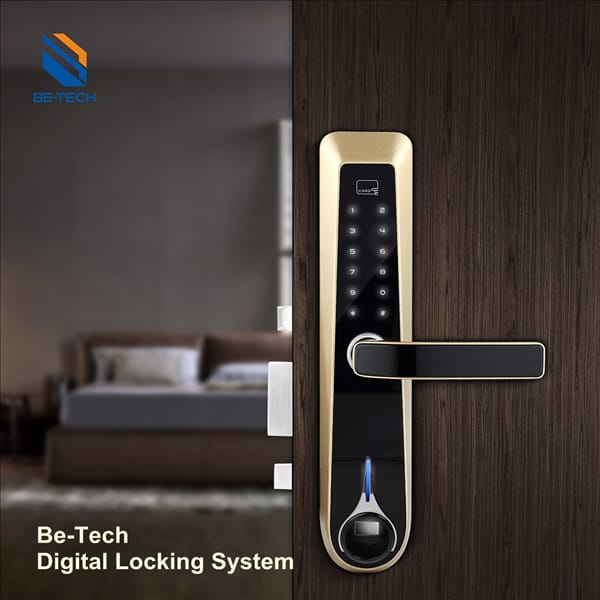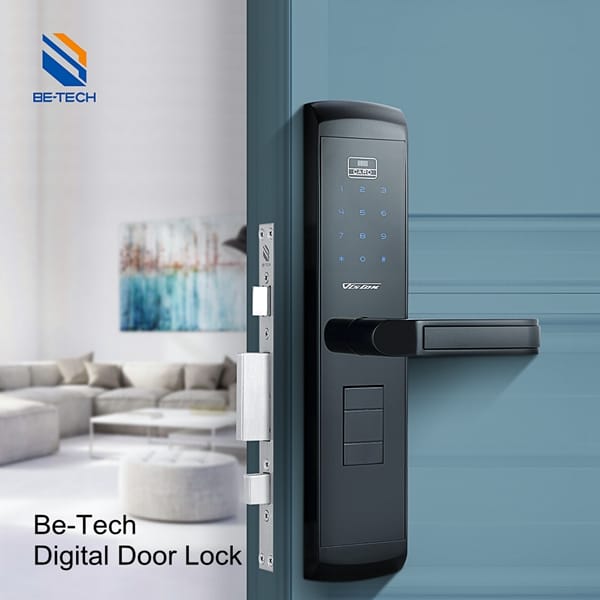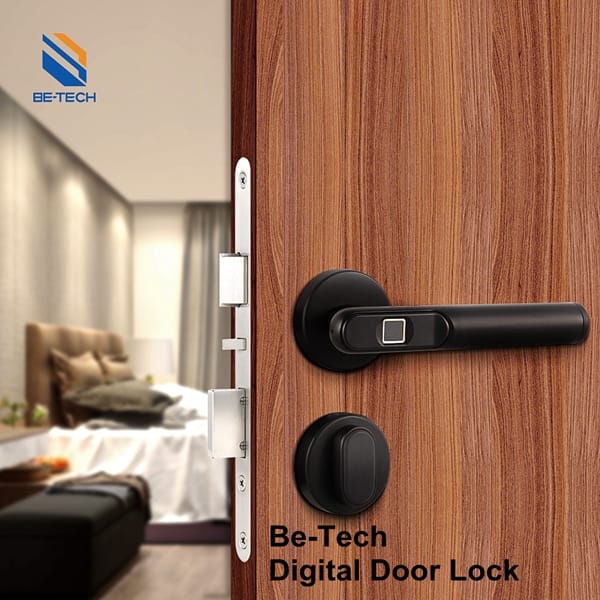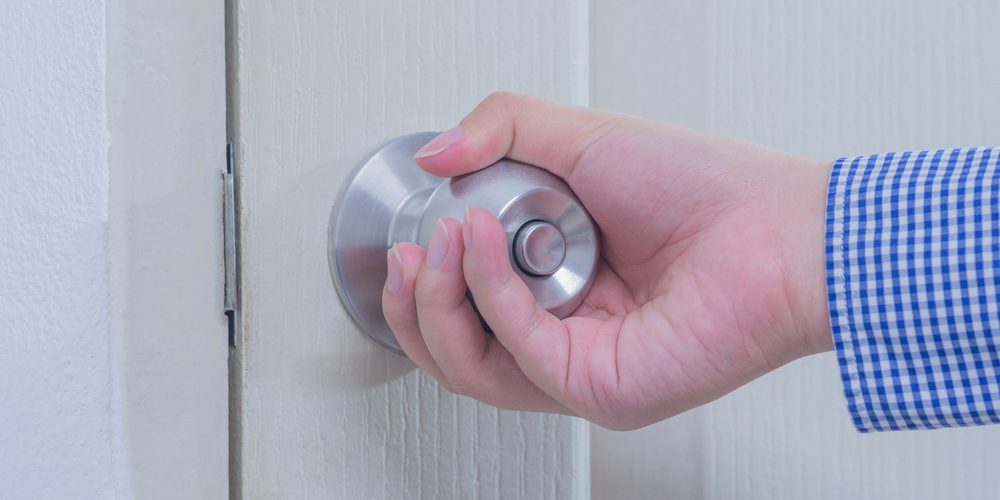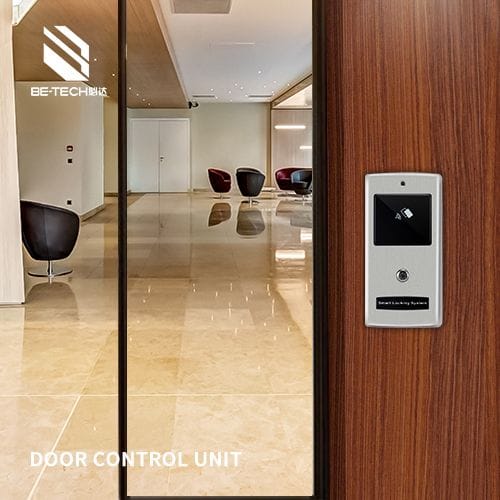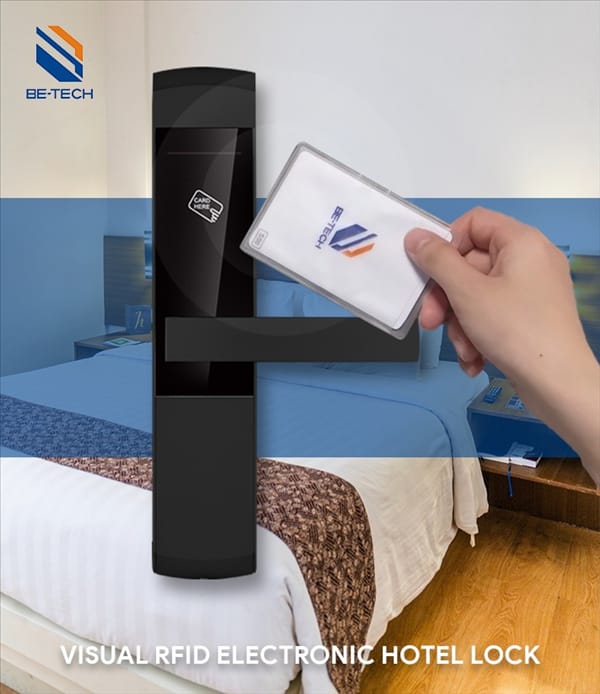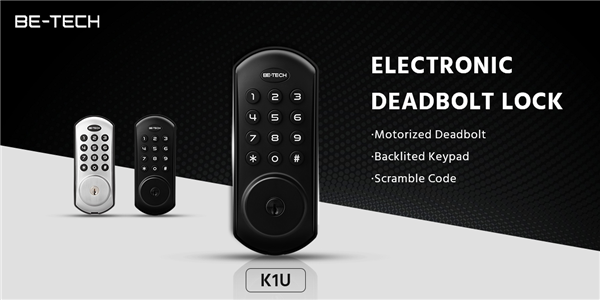Radio Frequency Identification (RFID) technology has revolutionized the hospitality industry, offering a secure, convenient, and efficient solution for hotel door locking systems. RFID hotel locks have become the new standard, replacing traditional keys and magnetic stripe cards. In this comprehensive guide, we’ll explore the fundamentals of RFID technology, its advantages, and how it has transformed the guest experience in hotels.
Understanding RFID Technology
Radio Frequency Identification (RFID) technology utilizes radio waves to transmit data between a reader and a tag (or card) for identification and tracking purposes. In the context of hotel door locks, an RFID reader is installed on the door, and guests are provided with RFID-enabled key cards or fobs.
When the RFID card is held in close proximity to the reader, it transmits a unique identification code via radio waves. If the code matches the authorized credentials stored in the lock’s database, the door unlocks, granting access to the guest room or designated area .
Advantages of RFID Hotel Lock Systems
Enhanced Security
One of the primary benefits of RFID locks is improved security. Unlike traditional keys, which can be duplicated or lost, RFID cards are virtually impossible to clone or replicate without authorized access to the system . Additionally, RFID cards can be easily deactivated or reprogrammed, preventing unauthorized access if a card is lost or stolen .
Convenience and Efficiency
RFID locks provide a seamless and hassle-free experience for guests. Instead of fumbling with keys, guests simply need to hold their RFID card near the reader to unlock the door . This contactless operation not only enhances convenience but also reduces wear and tear on the lock mechanisms, improving their lifespan .
For hotel staff, RFID systems streamline operations by allowing remote management of access rights and monitoring of entry and exit logs . This efficient access control system minimizes the need for physical key distribution and retrieval, saving time and resources.
Integration and Customization
RFID hotel lock systems can be integrated with other hotel management systems, such as property management software (PMS) and energy management systems . This integration enables automated check-in and check-out processes, as well as energy-saving features like automatically turning off lights and adjusting the room temperature when a guest leaves the room .
Additionally, RFID cards can be customized with branding, guest information, and even used as a payment method for on-site amenities, enhancing the overall guest experience .
Durability and Reliability
RFID locks are designed to withstand harsh environments and heavy usage, making them suitable for various hotel settings . Unlike traditional locks, which can wear down over time, RFID locks are less prone to physical damage and can operate reliably for extended periods .
RFID Hotel Lock System Components
A typical RFID hotel lock system consists of the following components:
- RFID Reader: Installed on the door, the reader communicates with the RFID card or fob to grant or deny access based on the transmitted credentials .
- RFID Cards or Fobs: Guests are provided with these RFID-enabled cards or fobs, which contain a unique identification code that interacts with the reader .
- Access Control Software: This software manages the RFID lock system, allowing hotel staff to program and manage access rights, monitor entry and exit logs, and integrate with other hotel management systems .
- Door Lock Mechanism: The physical lock mechanism, which is controlled by the RFID reader and access control software, secures the guest room or designated area .
RFID Hotel Lock System Installation and Maintenance
Installing an RFID hotel lock system typically involves replacing existing door locks with RFID-compatible locks and setting up the access control software. This process may require the assistance of a professional locksmith or security integrator to ensure proper installation and configuration .
Maintenance of RFID hotel lock systems primarily involves regular software updates, battery replacements for the locks (if applicable), and periodic testing to ensure proper functionality. Additionally, it’s essential to follow best practices for data security and access control management to maintain the integrity of the system .
Conclusion
RFID hotel lock systems have become the industry standard, offering enhanced security, convenience, and efficiency for both guests and hotel staff. By leveraging the power of radio frequency identification technology, hotels can provide a seamless and secure guest experience while streamlining operations and reducing costs associated with traditional locking mechanisms .
As technology continues to evolve, RFID hotel lock systems are likely to become even more advanced, integrating with other smart building technologies and offering additional features to further enhance the guest experience and hotel operations . Whether you’re a hotel owner, manager, or a frequent traveler, understanding the benefits and functionality of RFID hotel lock systems is essential in today’s hospitality landscape.


